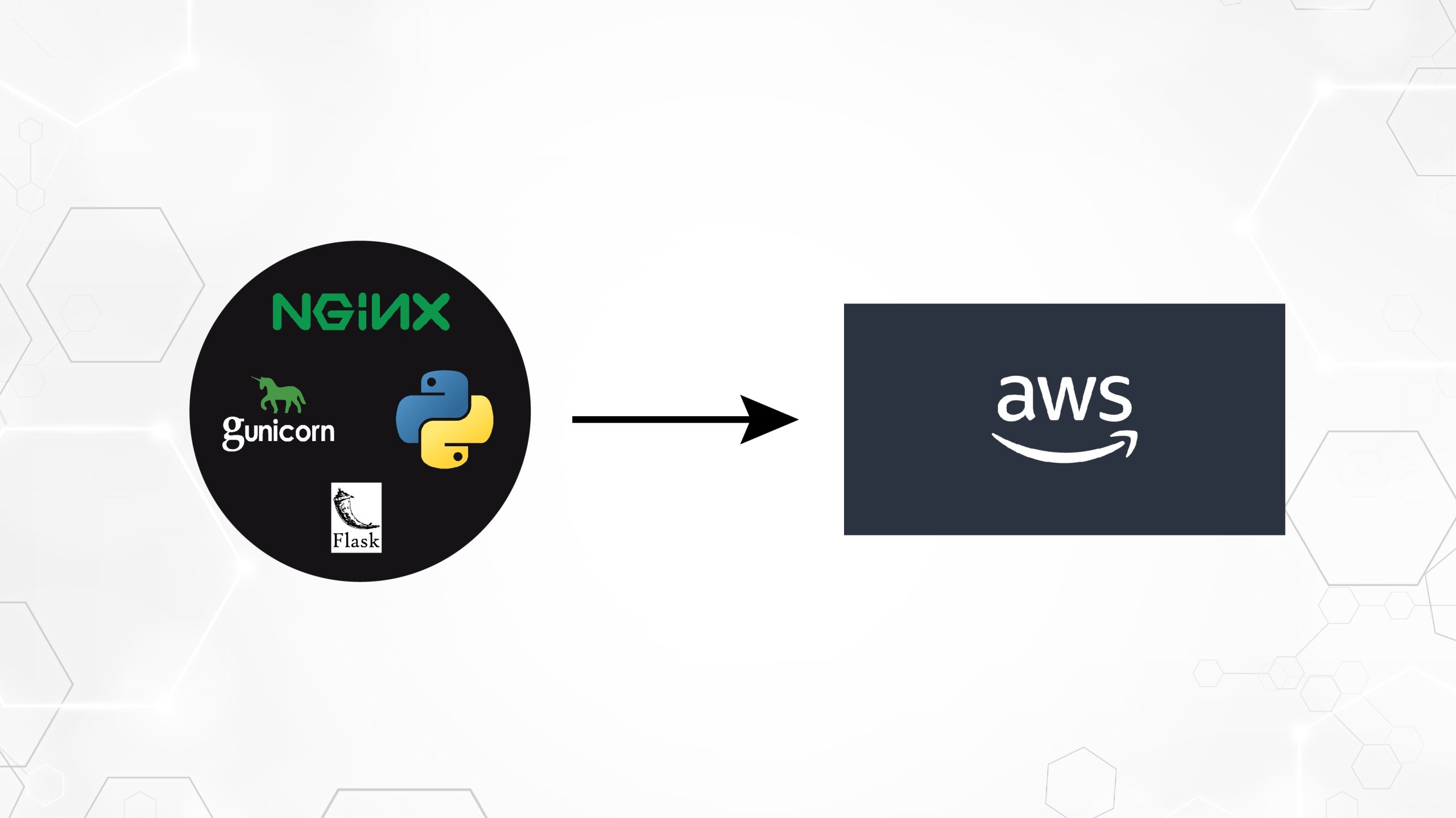For the last few decades, consultants have emphasized the need for companies to undergo digital transformation in order to keep up with the rapidly changing business landscape. The COVID-19 pandemic has further reinforced this message. Mark van Rijmenam, founder of Datafloq, explains, “If there is one thing that the Corona crisis has made clear, every organization needs to digitally transform their business as soon as possible. Digital is here to stay, and organizations are finally aware of it.”[1] However, many companies are being held back in their transformation efforts due to people issues. Niccolo Machiavelli, in his classic The Prince, wrote centuries ago, “There is nothing more difficult to take in hand, more perilous to conduct, or more uncertain in its success, than to take the lead in the introduction of a new order of things, because the innovator has for enemies all those who have done well under the old conditions, and lukewarm defenders in those who may do well under the new.” Therefore, it is crucial for companies to prioritize people in their transformation efforts.
Business journalist Stacy Collett emphasizes that people are at the center of any digital transformation. She states, “The people are the center of any digital transformation. We understand that it has to work for our users or we’re not actually solving their problems or making their lives better,” says Mouneer Odeh, [former] vice president of enterprise analytics and chief data scientist at Thomas Jefferson University.”[2] Analysts from Boston Consulting Group (BCG) agree that people often create bottlenecks to digital transformation. They observe, “Even as it becomes increasingly urgent for companies to create competitive advantage through transformation, more and more of them are finding this difficult to do… Why do so many transformation efforts fall short of their goals? One factor we have observed is that as companies strive to increase the speed with which they generate and implement solutions, they tend to overlook a critical limit on their transformation efforts: the speed at which employees can absorb and internalize change.”[3]
According to BCG analysts, to ensure the success of transformation efforts, chief transformation officers (CTOs) and transformation leaders within organizations must first gain a granular understanding of their workplace ecosystem and then help employees navigate the demands of change. Executives from Protiviti also emphasize the importance of the people component in enterprise transformation. They state, “Enterprise transformation demands technology to work and people to adopt it. The ‘people’ component of enterprise transformation can make or break digital transformation.”[4] Involving stakeholders from the start of transformation efforts can help overcome bottlenecks.
In addition to prioritizing people, organizations need to focus on creating the right corporate culture to support the transformation. Building a data-driven culture is challenging. Chief Data & Innovation Officer at Gulf Bank, Mai AlOwaish, and President of Data Quality Solutions, Thomas C. Redman, recommend starting to build the new culture from day one and involving everyone in the process. They also emphasize the importance of data quality and the need for courage and persistence in building the new culture. McKinsey & Company analysts assert that a strong data culture can accelerate the application of analytics and lead companies away from risky outcomes. They outline seven principles that underpin a healthy data culture, including making data-driven decisions, starting from the top, democratizing data, accepting risk, having transformation champions, being cautious with data sharing, and aligning talent and culture.
In conclusion, while technology is a crucial aspect of digital transformation, people play a vital role, and companies need to prioritize them. By involving stakeholders, understanding the workplace ecosystem, and creating the right culture, companies can overcome obstacles and achieve successful digital transformation.










